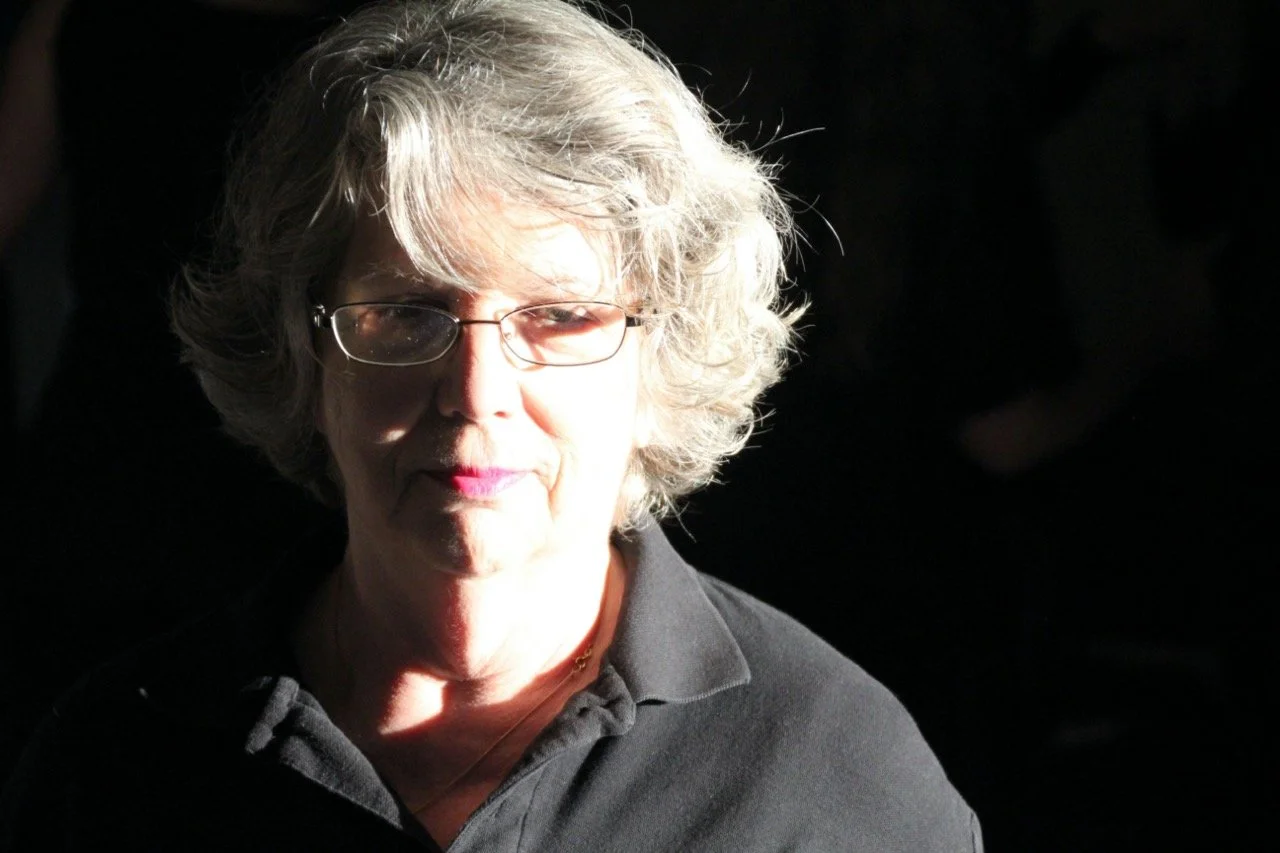
Dr. Marsha Linehan

Professional Bio
Dr. Marsha Linehan is Professor Emeritus of Psychology in the Department of Psychology at the University of Washington and is Director Emeritus of the Behavioral Research and Therapy Clinics, a consortium of research projects developing new treatments and evaluating their efficacy for severely disordered and multi-diagnostic and suicidal populations.
Her primary research was in the application of behavioral models to suicidal behaviors, drug abuse, and borderline personality disorder. Dr. Linehan also worked to develop effective models for transferring science-based treatments to the clinical community.
She received awards recognizing her clinical and research contributions to the study and treatment of suicidal behaviors, including the Louis I. Dublin Award for Lifetime Achievement in the Field of Suicide, the Distinguished Research in Suicide Award (American Foundation of Suicide Prevention), and the creation of the Marsha Linehan Award for Outstanding Research in the Treatment of Suicidal Behavior established by the American Association of Suicidology. Dr. Linehan was recognized for her clinical research including the Distinguished Scientist Award from the Society for a Science of Clinical Psychology, the award for Distinguished Scientific Contributions to Clinical Psychology (Society of Clinical Psychology,) and awards for Distinguished Contributions to the Practice of Psychology (American Association of Applied and Preventive Psychology) and for Distinguished Contributions for Clinical Activities, (Association for the Advancement of Behavior Therapy).
Dr. Linehan was president of both the Association for the Advancement of Behavior Therapy and of the Society of Clinical Psychology, Division 12, American Psychological Association. She was a fellow of the American Psychological Association and the American Psychopathological Association and was a diplomat of the American Board of Behavioral Psychology.
She is the developer of dialectical behavior therapy (DBT), a treatment originally developed for the treatment of suicidal behaviors and since expanded to treatment of borderline personality disorder and other severe and complex mental disorders, particularly those that involve serious emotion dysregulation. In comparison to all other clinical interventions for suicidal behaviors, DBT is the only treatment that has been shown effective in multiple trials across several independent research sites. It has been shown both effective in reducing suicidal behavior and cost-effective in comparison to both standard treatment and community treatments delivered by expert therapists. It is currently the gold-standard treatment for borderline personality disorder.
Dr. Linehan has written several books, including two treatment manuals: Cognitive-Behavioral Treatment for Borderline Personality Disorder and Skills Training Manual for Treating Borderline Personality Disorder, DBT Skills Training Manual, DBT Skills Training Handouts and Worksheets, and her memoir, Building a Life Worth Living. She served on a number of editorial boards and has published extensively in scientific journals.
Dr. Linehan is the founder of the Linehan Institute, Linehan-DBT Research, Inc, Empty Cloud Sangha, the International Society for the Improvement and Teaching of Dialectical Behavior Therapy (ISITDBT), and co-founder of the DBT-Linehan Board of Certification (DBT-LBC),
Dr. Linehan was trained in spiritual directions under Gerald May and Tilden Edwards and was an associate Zen teacher in both the Sanbo-Kyodan-School under Willigis Jaeger Roshi in Germany as well as in the Diamond Sangha (USA). She received Dharma Transmission as a Zen Master in the Diamond Sangha from Pat Hawk in April 2012. She was confirmed as a Zen Master in the Empty Cloud Sangha by Willigis Jaeger in June 2012.
Dr. Linehan is the 2025 recipient of the Lifetime Achievement Award from the American Foundation for Suicide Prevention. Dr. Linehan was featured in TIME Great Scientists: The Geniuses and Visionaries Who Transformed Our World.

